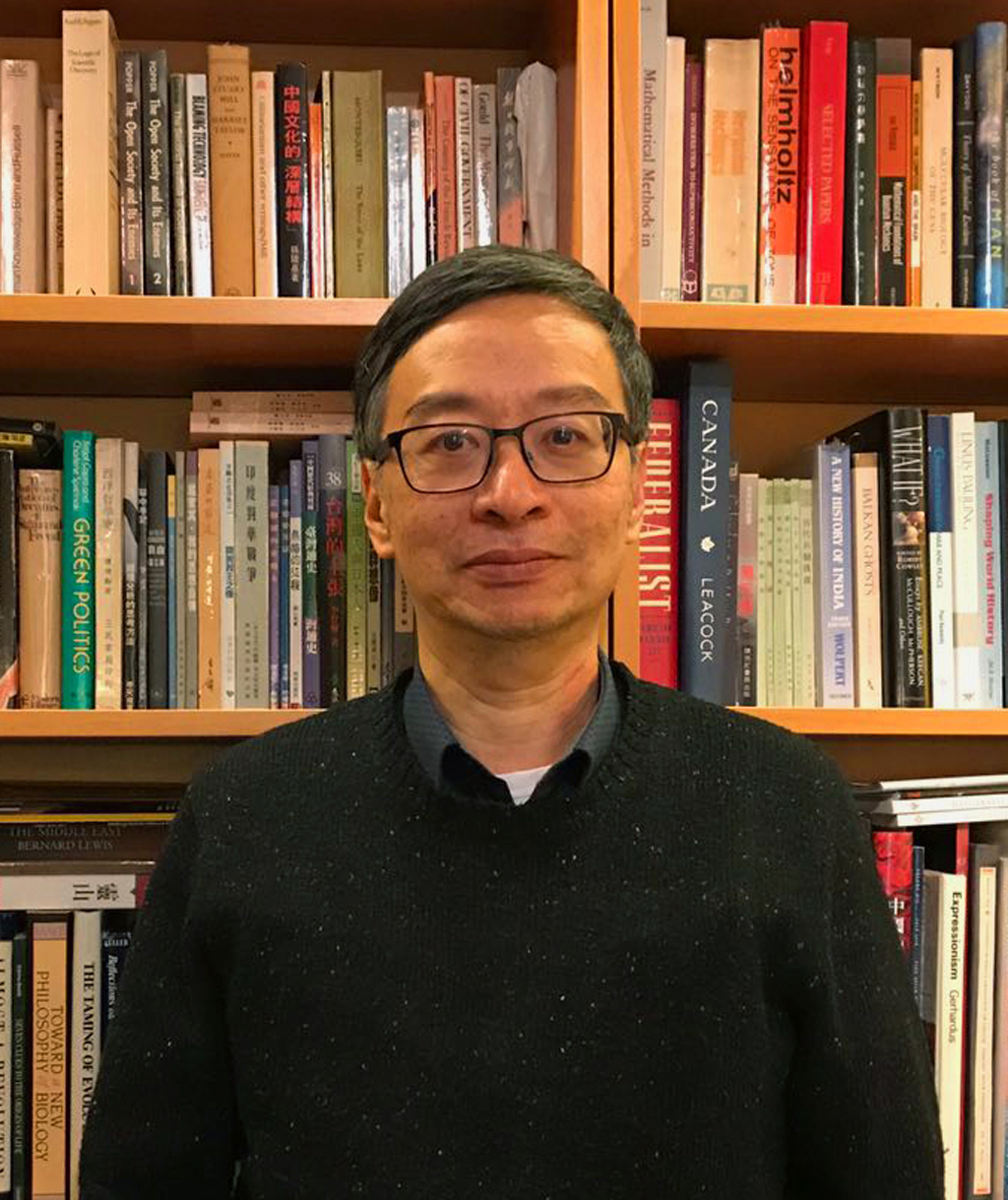The Tenth Friday Assembly, Second Term, 2016/2017
Date: March 24, 2017 (Friday)
Time: 11:30am
Venue: Chung Chi College Chapel
Programme: A Random Walk in Science and History
Guest Speaker: Prof. CHAN Hue Sun (Professor, Department of Biochemistry, and of Molecular Genetics, University of Toronto, Canada; Siu Lien Ling Wong Visiting Fellow 2016/2017)
Speaker’s biography:
Professor Chan Hue Sun was born and raised in Hong Kong. Upon completing his undergraduate degree in physics at the University of Hong Kong in 1981, he pursued graduate study in theoretical particle physics in the Department of Physics of University of California at Berkeley, specializing in quantum field theories and their regularization. After receiving his PhD in 1987, he switched his research to protein biophysics, joining the Department of Pharmaceutical Chemistry of University of California at San Francisco, first as a postdoctoral fellow then as an adjunct faculty member.
Professor Chan is a pioneer in theoretical studies of protein folding and he has made several seminal contributions. These include discovering that secondary-structure-like local order (helices and sheets) can be influenced by global conformational compactness, developing simple exact lattice protein models such as the Hydrophobic-Polar (HP) model that have been widely applied as tools for conceptual advances, characterizing the role of kinetic traps and their general ramifications for the folding energy landscape, and publishing influential reviews on protein folding.
In 1998, Professor Chan left San Francisco to take up his present appointment at the University of Toronto. After arriving in Toronto, he deepened his investigation into biomolecular self-assembly by focusing on the physical origins of folding cooperativity, i.e. the switch-like behavior of the folding-unfolding process. His research interests have also been broadened to include thermodynamics of solvent-mediated interactions, protein evolution, protein interactions that involve intrinsically disordered proteins, and DNA topology. He has published more than 125 research papers, which have received a total of more than 12,800 citations.
 |








